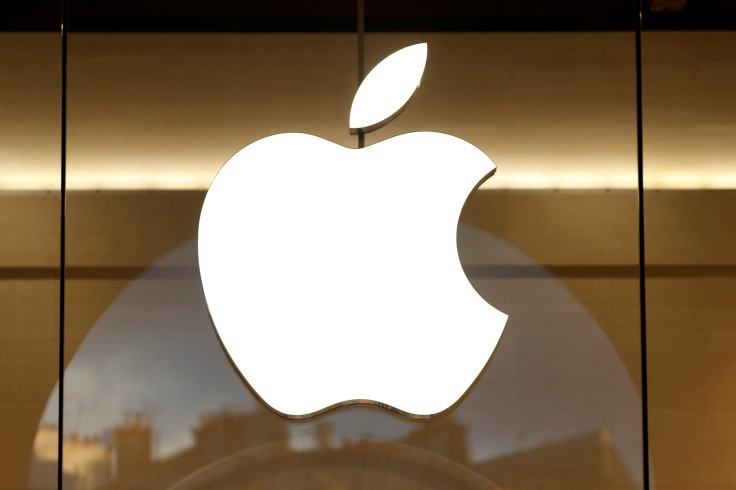Apple takes down 58,000 apps from Chinese App Store; Mass removal rate is unusual

Apple has reportedly removed thousands of apps from the Chinese app store that it deemed unnecessary. The mass removal rate is said to be uncharacteristic for the company. Earlier this month, the electronics giant also announced a similar move regarding old applications.
Apple is on a major clean-up drive. The Cupertino, California-based company is reportedly ridding the App Store of spam and duplicate apps. And the tech titan is currently doing the deed in China.
According to a new report, the iPhone maker has taken down roughly 58,000 Chinese applications from its digital distribution platform over the past couple of weeks. That number is way too high for a regular clean-up. About 33 percent of the affected programmes were gaming apps, which dominate the App Store.
It seems that Apple is on an eradication tear as the current app removal rate is quite unusual. On June 15 alone, the company took down 22,000 apps from its Chinese app shop. That number is about six to 10 times more compared to Apple’s regular ration, which points to the company’s desire to regulate and purge the Chinese app market on its iOS matrix.
Apple only means well, of course, but Chinese users and developers reportedly have mixed feelings about the mass removal. Word has it that the move is the Mac maker’s counterattack on Tencent, which owns the instant messaging app WeChat. Apple apparently blocked WeChat’s cash rewards feature on iOS back in April.
But Apple didn’t really intend to target the said app, according to Chinese data analytics company ASO 100. The US company also didn’t mean to pick on the loophole that benefits developers when they deploy patches and updates, as noted by People.cn. The decision was only made for the sole purpose of removing inferior apps that isn’t up to par with Apple’s standards.
The company is indeed moving forward and it isn’t looking back. During Apple’s Platform State of the Union keynote at its yearly Worldwide Developers Conference (WWDC 2017), the company announced that High Sierra will be the last version of the Mac OS to support 32-bit programmes “without compromises.” Apple also did the same thing on iOS 11.
Developers of existing programmes only have until June of next year to upgrade their apps to 64-bit, although the Mac App Store won’t take in new 32-bit ones starting January. Users should expect the company to aggressively remind them about the outdated apps, which will be phased out in time.
MORE TECH NEWS:





















